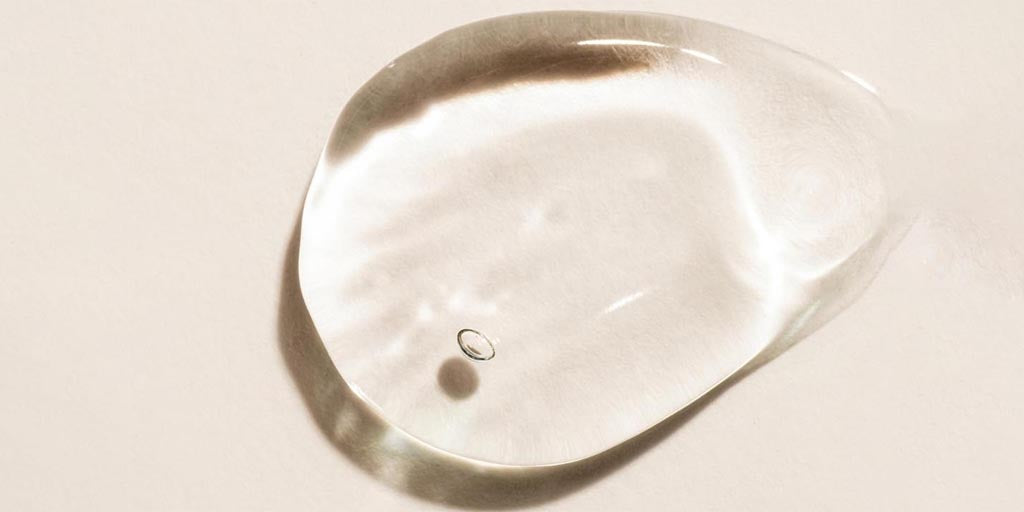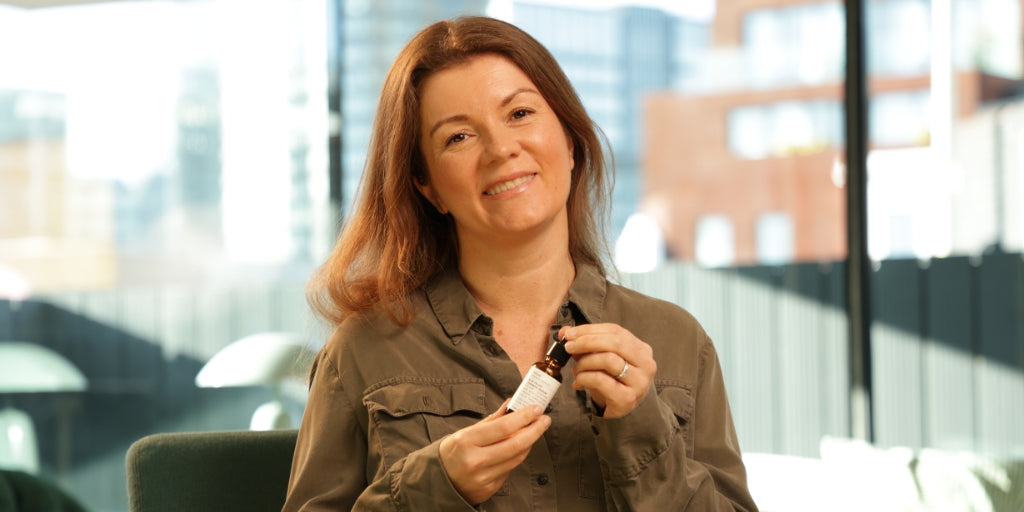Whilst it might sound simple to say, breathing is an essential part of our everyday life. So much so that we take around 20,000 breaths a day without even realising it!
We can go weeks without food, and days without water but only minutes without breathing. And how we breathe has a huge impact on the health of both our bodies and our minds.
Overbreathing
Have you ever noticed that you breathe through your mouth? Do you think that you breathe more from your chest than your abdomen? Or maybe you can visibly notice and/or hear yourself breathing while at rest? If the answer to any of these is yes, it is likely that you have a tendency to over breathe.
Due to the strain of modern life our process of breathing has been altered. Aspects of modern life such as chronic stress, sedentary lifestyles, and unhealthy diets all contribute towards poor breathing habits, such as overbreathing. Although it might sound like getting more oxygen into our lungs is a great idea, we can actually end up breathing two to three times more air than we require - without even knowing it!
Hemoglobin is the protein molecule in red blood cells that carries oxygen from the lungs to the body's tissues and returns carbon dioxide from the tissues back to the lungs. When we overbreathe, too much carbon dioxide can be washed from the lungs, blood, tissues and cells. This can lead to a condition called hypocapnia, which can cause the hemoglobin to hold onto oxygen which results in reduced oxygen delivery to your tissues and organs.
To put it simply, we want to optimise our energy and in order to do so we need to discover how we can help hemoglobin release that oxygen - this requires the proper levels of carbon dioxide. Overbreathing can disrupt this level and leads to less oxygen being released. So, we need to learn how to breathe properly to maximise our health, but how can we do this? Here are three simple rules you can follow.
Rule #1: Breathe Through Your Nose
Do you snore? That means that you are probably a mouth breather. Although it might sound like we’re going straight back to basics, let’s learn to breathe through our nose and not through our mouths. Many people habitually breathe through their mouths for a variety of reasons - stuffy sinuses and even crowded teeth and underdeveloped jaws can play a role. We are born breathing through our noses, and we have done for centuries - the only time our ancestors would breathe through their mouths is when they were faced with dangerous situations, as mouth breathing allowed them to take in greater volumes of air in preparation for intense physical activity. This is why mouth breathing is synonymous with our fight or flight response, and now with some of us always breathing through our mouths, we are essentially living in a constant state of fight-or-flight stress, which isn’t great for our bodies or our minds.
Rule #2: Breathe Into Your Belly
Not only do we want to breathe through our noses, but we also want to breathe from our abdomen instead of our chest. This is because abdominal breathing is more efficient, simply because of the shape of our lungs.
As our lungs are narrow at the top and wider at the bottom, the blood flow to the bottom is much greater than that to the top. When we breathe through our mouths and put ourselves into that fight or flight response we use shorter, shallow breaths that don’t take advantage of the wider bottom of the lungs, which limits the amount of oxygen transferred into our blood and resulting in a greater loss of CO2. When we are stressed, anxious or even scared we tend to breathe in this manner, and often notice our chest raising with the shallow breaths. Next time you feel like this, focus on your breathing and try to imagine moving it from your chest to your abdomen.
This can help you to engage your abdominal muscles and diaphragm rather than the muscles in your upper chest and neck, which engage when you’re stressed, resulting in improved oxygen efficiency as you are allowing more air exchange to occur in your lower lungs with each breath. It also helps to reduce the strain on the muscles in your neck and chest, leaving you feeling more relaxed.
Rule #3: Exhale
The last step to optimising your breathing is to exhale. We need to connect all three rules, beginning with breathing in through your nose, taking that down deeply into your belly and then exhale through your nose, but keep exhaling just slightly longer than your inhale. This is one of the fastest ways we can relax ourselves.
This slow, conscious breathing with long and calm nasal inhale and exhales is the opposite of what would happen if our bodies were in that fight or flight response with short shallow breaths through our mouths and chests. By taking our time and focusing on our breathing, we are mimicking those things that we do when we are calm, instantly feeling more calm in ourselves.
Breathing Exercises
Learning how to breathe properly is essential in our day to day lives, and is a great tool that we can use to help restore balance in both our mind and body, which is especially important at times when we may be experiencing stress. The more that we can become aware of our breathing and take control of it, the more beneficial we will find the numerous physical and emotional benefits.
There has been lots of research conducted around breathing and how we can benefit from practicing proper breathing using the above three simple rules. This research has documented that benefits can include:
- Reduced anxiety and depression
- Increased energy levels
- Improved immunity
- Decreased feelings of stress
If you feel like you are in need of practicing more breathing exercises and techniques that can help to calm your body and mind, our in-house yoga expert Lina has put together a face massage and breathing exercise video for you to enjoy!
Further Reading:
Written by clinical psychologists and breathwork practitioners, researchers and lecturers, these books give a great insight into how we can learn to breathe properly and all of the benefits it will bring!





